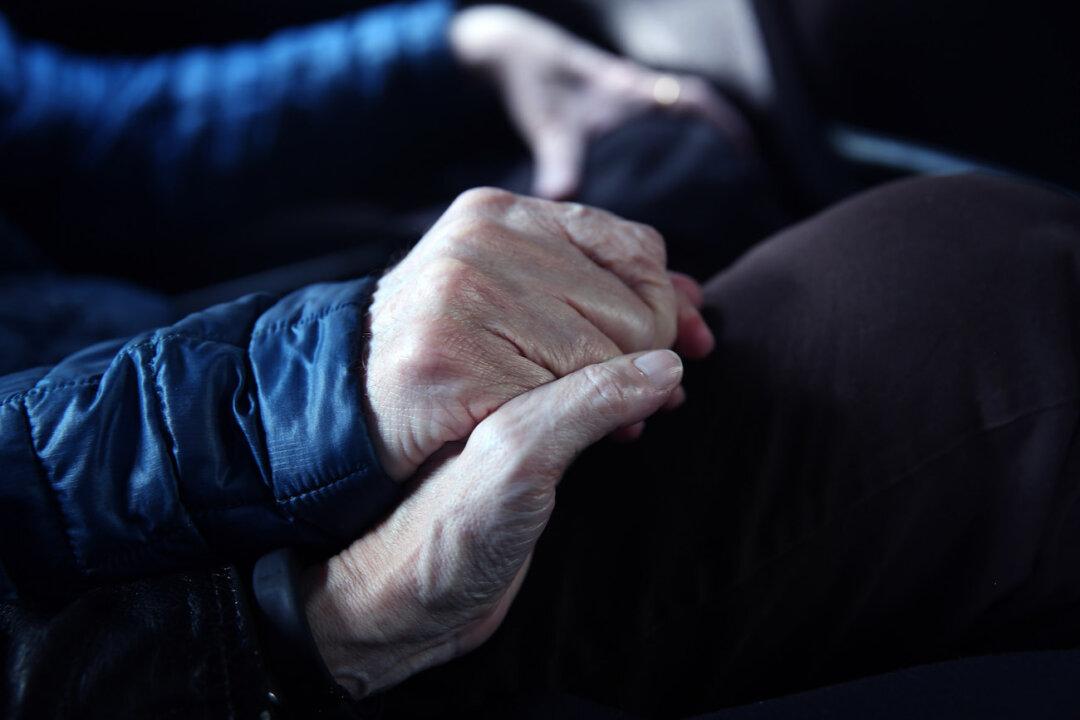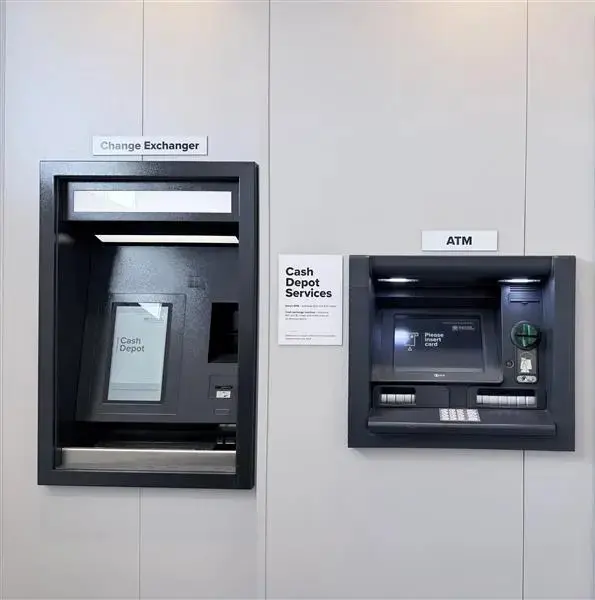Victoria intends to make major changes to its law on assisted dying, including allowing doctors to raise the topic with patients, which was previously forbidden.
People with terminal non-neurodegenerative diseases will be able to opt for voluntary assisted dying (VAD) when their life expectancy reaches 12 months, up from six. The process of applying for a permit will also be simplified, with less time required between the first and last VAD request.





